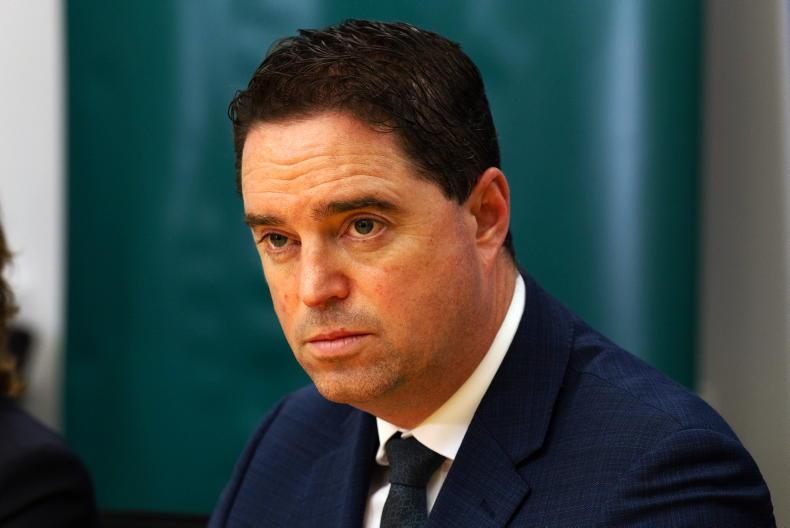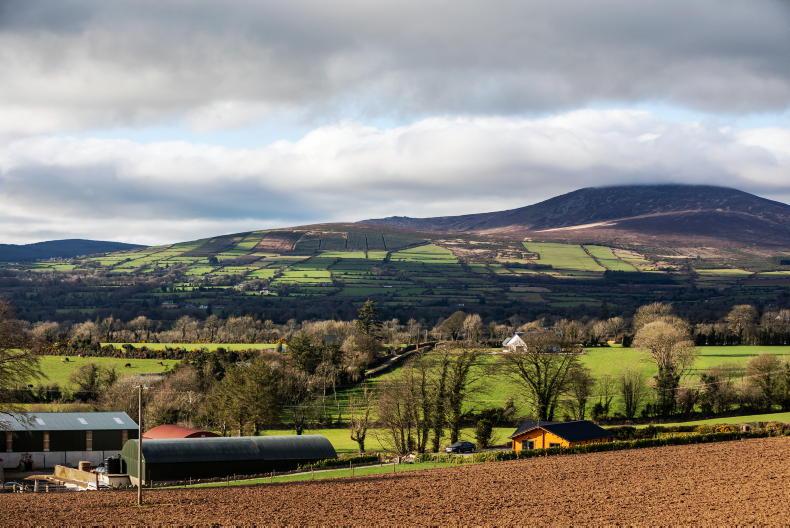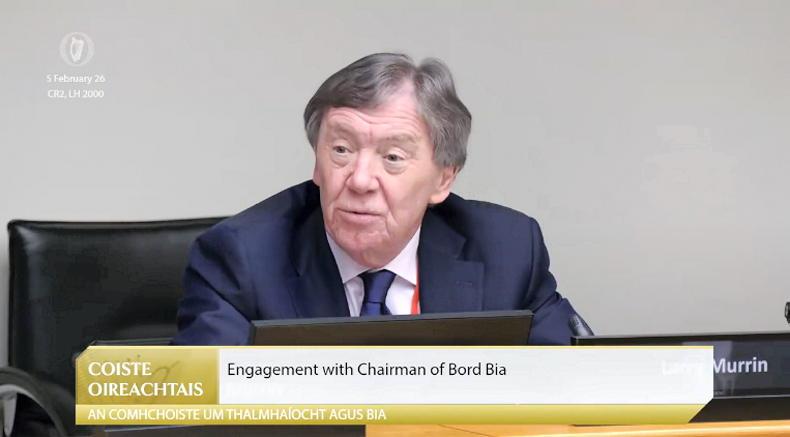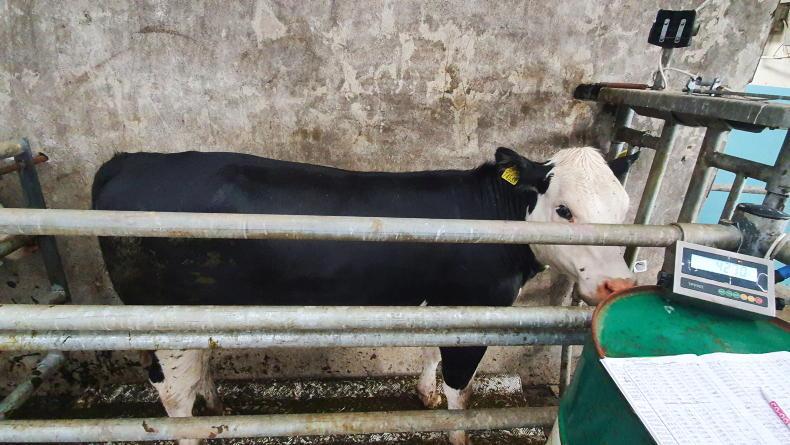Front-loading, should it form part of the next CAP, would result in a further cut to farmers’ current payments, with some farmers benefiting and others losing.
Through CAP negotiations, much of the focus in Ireland has been on convergence and eco schemes. These remain firmly on the table, but front-loading now joins them, with a potential combined cut of 38% to current payments before convergence even happens.
The order these cuts will come at is important to bear in mind.
Eco schemes will come off the top of the €1.186bn direct payments fund of CAP.
The level of funding looks set to be set at 25% with some flexibilities for the first two years.
There are other schemes to be funded too.
Young farmers will have 3% set aside for them, while protein payments and funding for sectoral interventions (such as producer groups) will also receive mandatory funding.
Front-loading is not a new concept, and indeed was on the table as an option during the last CAP, an option Ireland rejected, although Fianna Fáil’s agriculture spokesman Eamon Ó Cuív was in favour of it.
However, it came as a shock to some Irish farmers to see mandatory front-loading presented as part of the overall package last week.
The proposal was for a further 10% of the payment pot – another €120m a year – to be taken from Pillar I payments to be paid out to every farmer as a flat-rate top-up on a set number (0ha to 35ha) of eligible hectares.
The negotiations failed, with Minister for Agriculture Charlie McConalogue one of those who refused to agree to the package. The question now is, what happens next?
Timeframe
The ministerial council are scheduled to have an informal meeting in the middle of the month (14 to 15 June). This is where the farm ministers of the 27 EU members have a final opportunity to horsetrade and forge alliances before the crunch meeting a fortnight later.
The Portuguese presidency seems determined to broker a full and final deal before its presidency ends at the end of June.
Minister McConalogue may have allies, with Austria, Luxembourg, Belgium and the Netherlands also opposed to mandatory front-loading.








SHARING OPTIONS